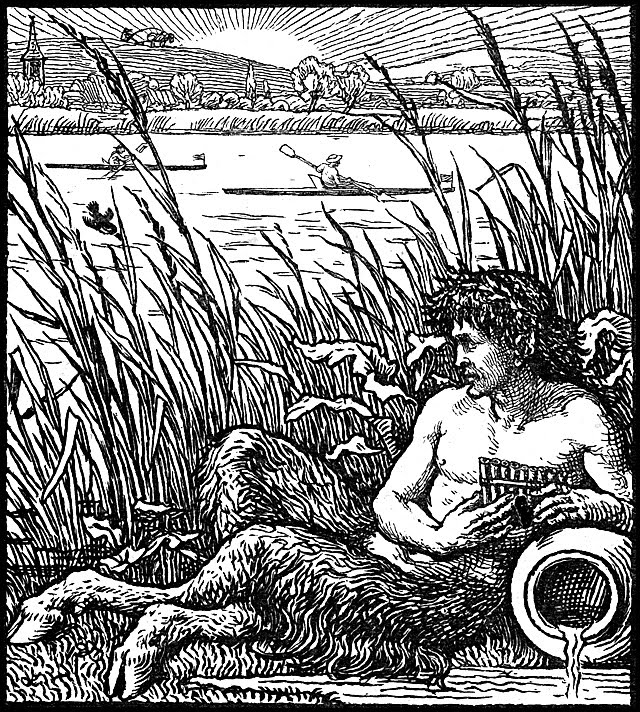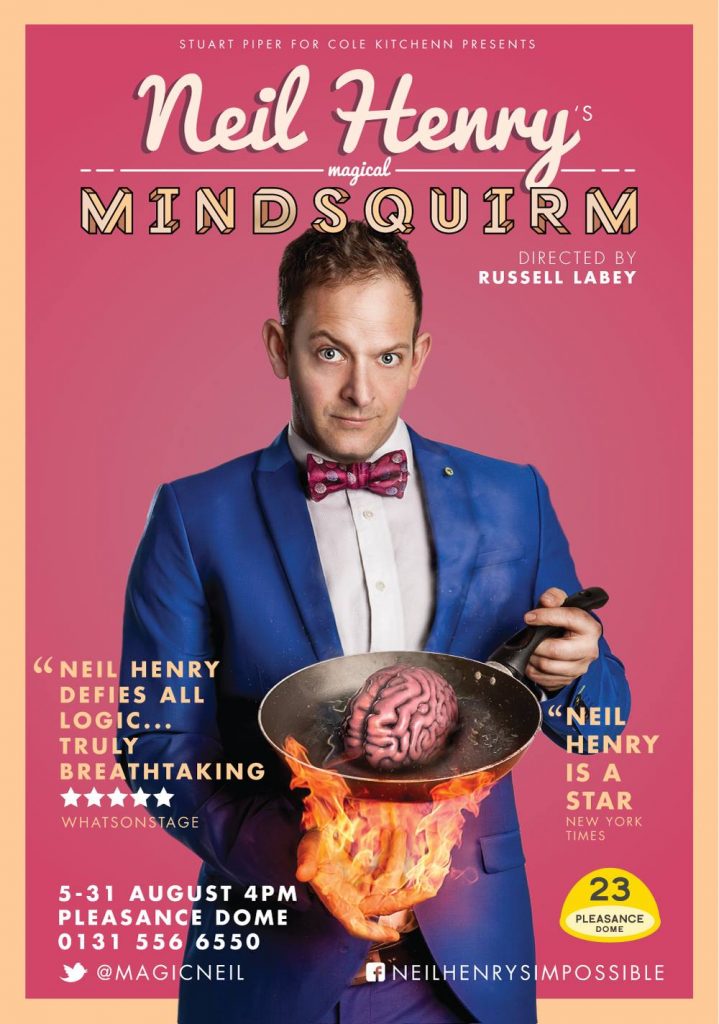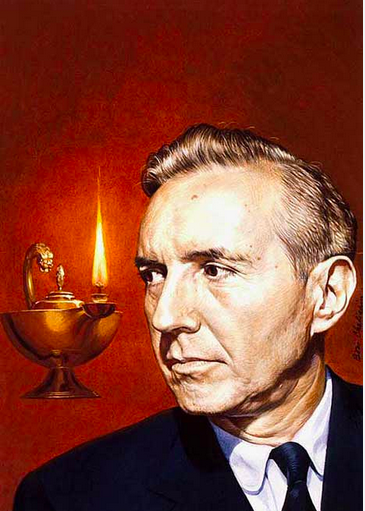Podcast: Play in new window | Download
We attend to Jacques Barzun’s distinction between a pupil, who learns by following directions, and a student, who learns by thinking and experimenting. You are invited to attend. (As heard on Cambridge 105 Radio)
Podcast: Play in new window | Download

We go back to the story of Jonah, not quite as simple as it has become in the popular mind: more than just being swallowed by a whale and “vomited up” again. You are invited to attend. [First heard on Cambridge 105 Radio]
https://eveningunderlamplight.substack.com/p/series-1011-walt-whitmans-song-of#details
“Twenty-eight young men bathe by the shore” while a twenty-eight-year-old rich woman gazes at their naked bodies splashing in the water, then goes out to caress them, in her vivid imagination.
Podcast: Play in new window | Download

We draw out of the archives a show from 2009, in the first year of Evening under Lamplight, which attends to the coming of Spring, and Spring Energy, with a selection from the Journey through the Seasons CD, Stevenson on “Pan’s Pipes”, Vivaldi, Robert Frost, William Blake, Dylan, the Kinks, and more. You are invited to attend. [As heard on Cambridge 105 Radio]
The episodes are found at http://momentsunderlamplight.co.uk/2023/03/26/evening-under-lamplight-podcasts-series-1-dantes-inferno/
§1 Series 10 will take us through the 52 sections (some short, some long) of Walt Whitman’s epic poem “Song of Myself”. In this first, short section, Whitman introduces the two main characters, I and you, who come together at a deep level to do nothing more than “loafe” and observe.
§2 The second section of “Song of Myself” takes us from “Houses and rooms […] full of perfumes” through a series of excited contacts “undisguised and naked” to a conclusion in which we are invited to see all things for ourselves, not through the eyes of others.
§3 “Urge and urge and urge, / Always the procreant urge of the world” – another rush of energy as Whitman celebrates himself and the vibrant world within and without.
§4 A lively drama between the self caught up in the “pulling and hauling” and the other self, the “Me myself” that stays “apart from the pulling and hauling”, “both in and out of the game”.
§5 “You settled your head athwart my hips and gently turned over upon me” – but this is not the usual erotic encounter, as we watch the triple selves come into unity and rise to the heights.
§6 Whitman’s meditation on the child’s question “What is the grass?”
§7 “Who need be afraid of the merge? / Undrape” – thus Whitman invites us to open up and allow him to merge with us, and us to merge with everyone else. How do we respond?
§8 Whitman contemplates the stages of life, and goes out into the streets to hear “the blab of the pave”, the “living and buried speech … always vibrating here”. Come share this with him.
§9 Whitman on the farm, playful, observant, merging.
§10 Whitman enters into American life in the wilds, as a hunter, a sailor, a clamdigger, a witness at a tribal wedding, an Abolitionist protecting a runaway slave.
Canto 1 The first episode in a series of talks bringing to life Dante’s Inferno, that great journey through Hell and all he sees there. We begin with Dante lost in a dark wood, and explore what it means to be lost, to lose control, to be stuck in the middle of things, and we get introduced to Virgil, who will guide Dante (and us) down through the nine circles of Hell.
Canto 2 Dante pulls back from the journey into Hell, thinking he’s not qualified to survive such an enterprise, but Virgil tells him of the three saintly ladies whose concern for him provides all the qualifications he needs. And we examine the way we can shift from cowardice to courage.
Canto 3.1 In Canto 3 we encounter the hard words written over the Gate of Hell, and then enter into the Infernal Regions. First Dante encounters those souls who never made any choices in life, just following what drew them along, and now we see them doing this in an exaggerated and gruesome way. And we come to the River Acheron, where the newly dead souls wait to be transported over the river where they will then fall down through the levels of Hell into their final place of torment. The discussion of this canto is continued in the second part of this episode.
Canto 3.2 We continue the discussion of Dante’s first encounters in Hell: the puny souls blindly rushing behind a nameless flag, representing most of the people who have ever lived, who have done nothing with their lives; and the fearful souls waiting to be ferried across the river. And why does Dante faint at the end of the canto?
Podcast: Play in new window | Download
Vintage Neil Henry interview, performance galore. You are invited to attend. [As heard on Cambridge 105 Radio0



